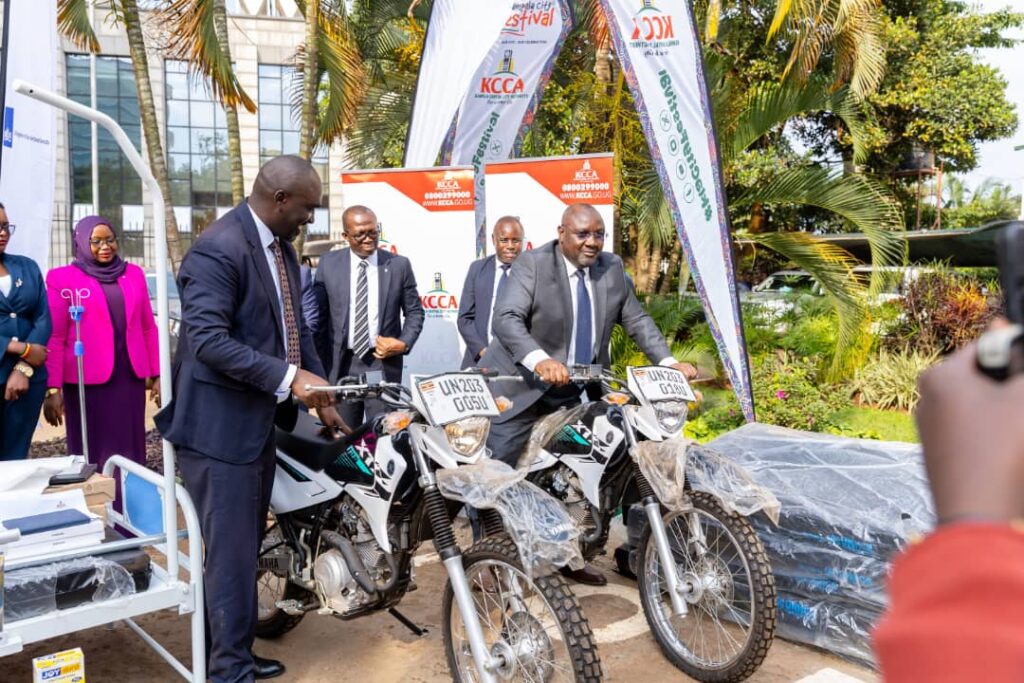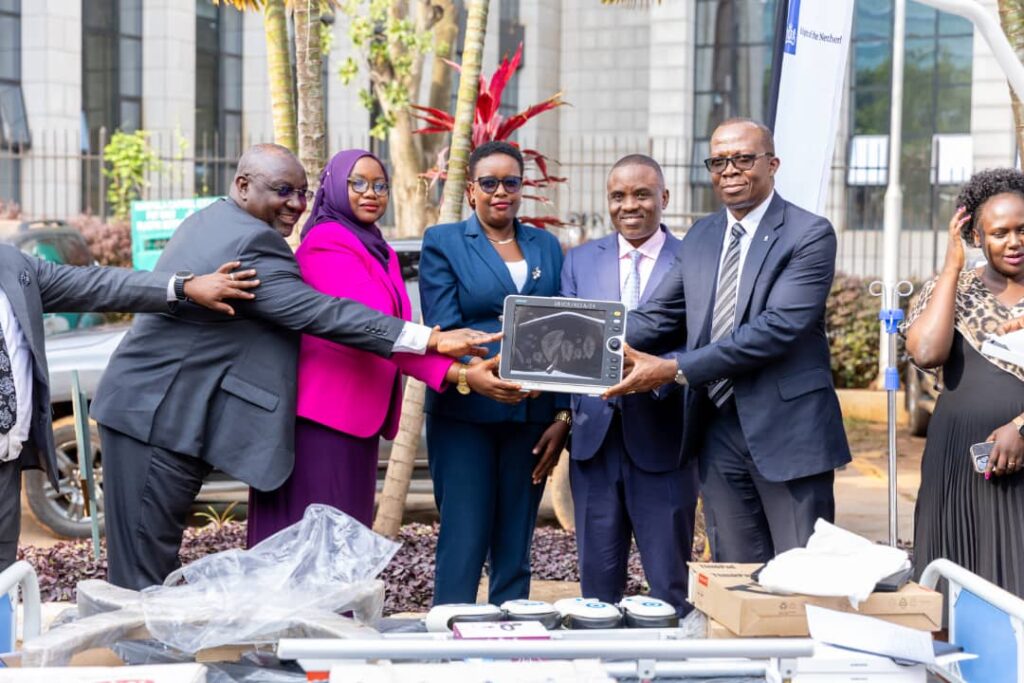
KAMPALA.
Authorities in Uganda’s capital ,Kampala have raised a red flag over the rising influx of urban refugees amid a lack of a sustainable support plan .
According to The Kampala Lord Mayor, Erias Lukwago this unchecked influx may also precipitate xenophobia tendencies towards refugees in the city.
“I’m worried, I’m fearing. We are sitting on a time bomb; there is an implosion in waiting if no serious interventions are made; we are likely to witness xenophobia like the one that happened in South Africa and Nigeria,” Lukwago said.
“All the facilities are concentrated at the Office of the Prime Minister (OPM), it’s not institutionalised here (at Kampala Capital City Authority -KCCA), so they didn’t make provision for urban refugees.” he said on Thursday while receiving a donation of items and equipment worth Shs1.8 billion from the United Nations High Commission for Refugees (UNHCR) in Kampala.
He said the donation would help the city address the needs of the refugees and host population.
The donation, including hospital beds, medical devices, computers, and motorcycles, is meant to improve services for both refugees and the host community. “We guarantee to you and assure you, we are going to make good use of these donations you have given us to help not only the refugee community but also the good-hearted host communities who are within our jurisdiction,” Lukwago stated.
Available records at City Hall indicates that there is immense pressure on the infrastructure in the city as the population of registered refugees in the city rises to 160,000 amid limited or lack of budget to provide the required social services. There are about 1.9 million refugees in the country, making Uganda one of the world’s biggest hosts for refugees.

“We have tried our best, we have done everything possible to provide serious shock absorbers to ensure that we address this crisis because many of these refugees ran away from the camps, there are those who don’t even go to camps,” Lukwago noted. “Those who come from Ethiopia and Eritrea, those ones don’t go to camps, they straight away integrate within the communities. And when you go to places like Kabalagala, it is like you are in Asmara.”
Lukwago also argued that it is not enough to just have open-door policy. “When you talk about the open door policy, we embrace it. But we needed serious interventions to address the implosion in waiting,” he said. “We are just keeping our fingers crossed so that it doesn’t explode. With our open-door policy, no serious interventions are made to address the issue of urban refugees.”
Mr Matthew Crentsil, the UNHCR Country Representative, noted that there is a need to strengthen the relationship with KCCA and city political leadership to address the needs and concerns of both refugees and the host community.
“The UNHCR recognizes the fact that the arrival of these refugees has come with a lot of pressure on the basic services -Education, Health, Water infrastructure, even accommodation that is already in short supply due to increasing population,” he said.
“So, we have opened another chapter in the relationship with the KCCA. We’ve always been working with KCCA, but it has been quite informal, and this is the first time UNHCR is making such a donation of the items, health equipment, education equipment, and so on, to support these facilities in Kampala.
“These facilities are open to refugees and Ugandans equally. So we feel it’s absolutely necessary to enhance the capacities of these facilities to be able to provide services to the host community, as well as to refugees, and we are in the process of developing a formal agreement to govern this relationship,” he added.
Hajjat Sharifah Buzeki, the KCCA Executive Director, observed that the fresh donation from UNHCR would go a long way to address some of the pressing challenges among refugees and host communities.